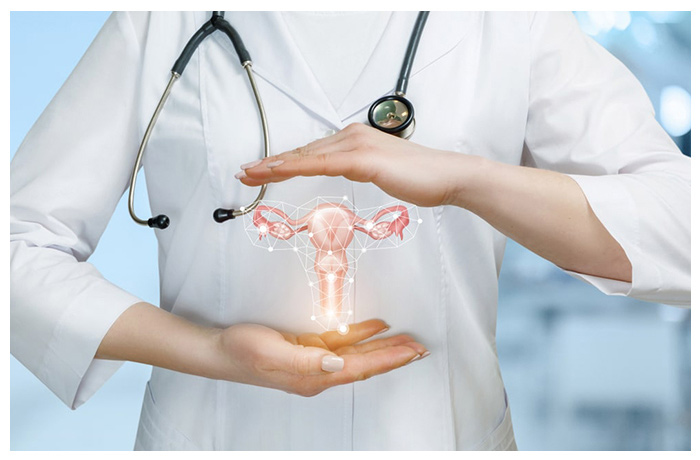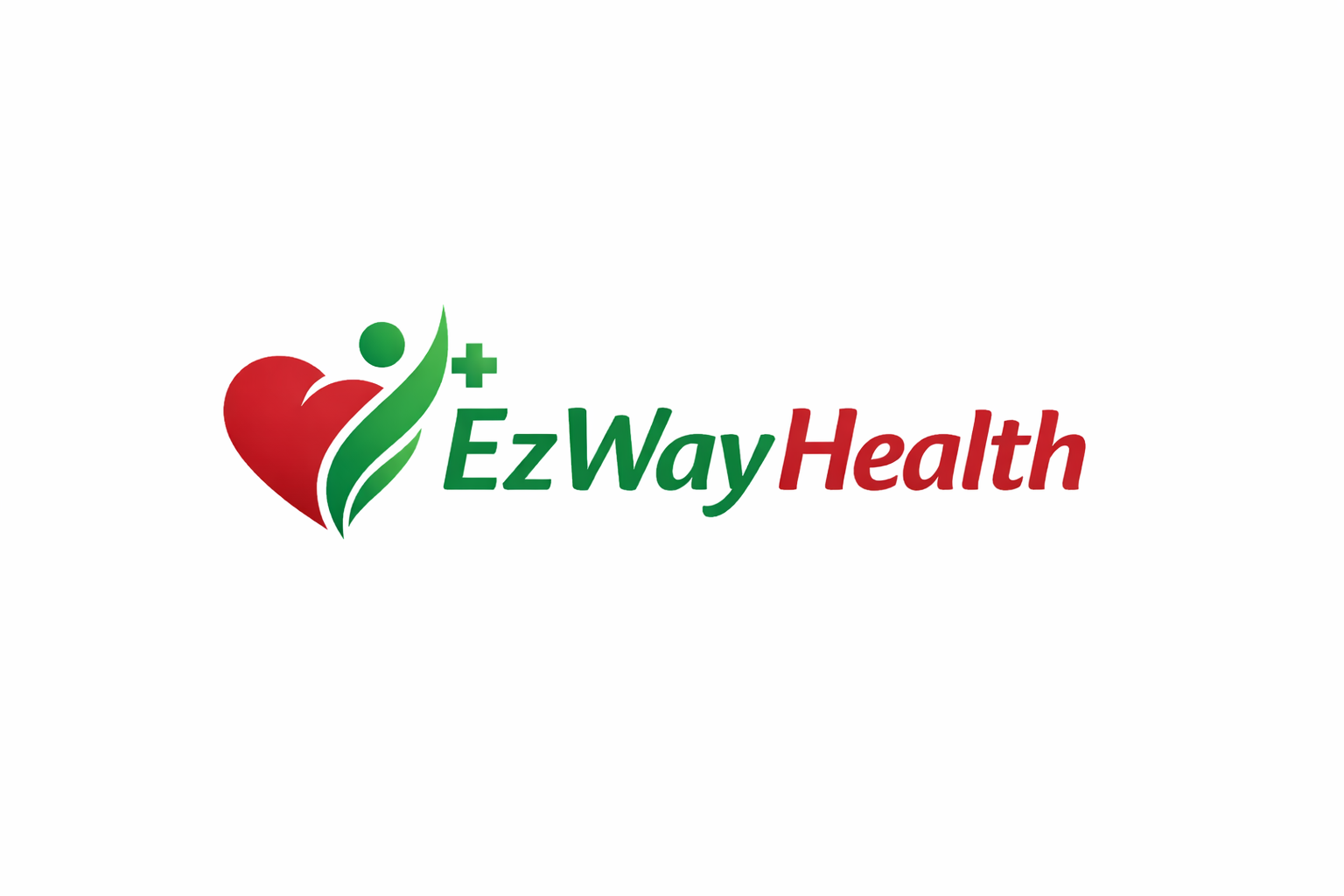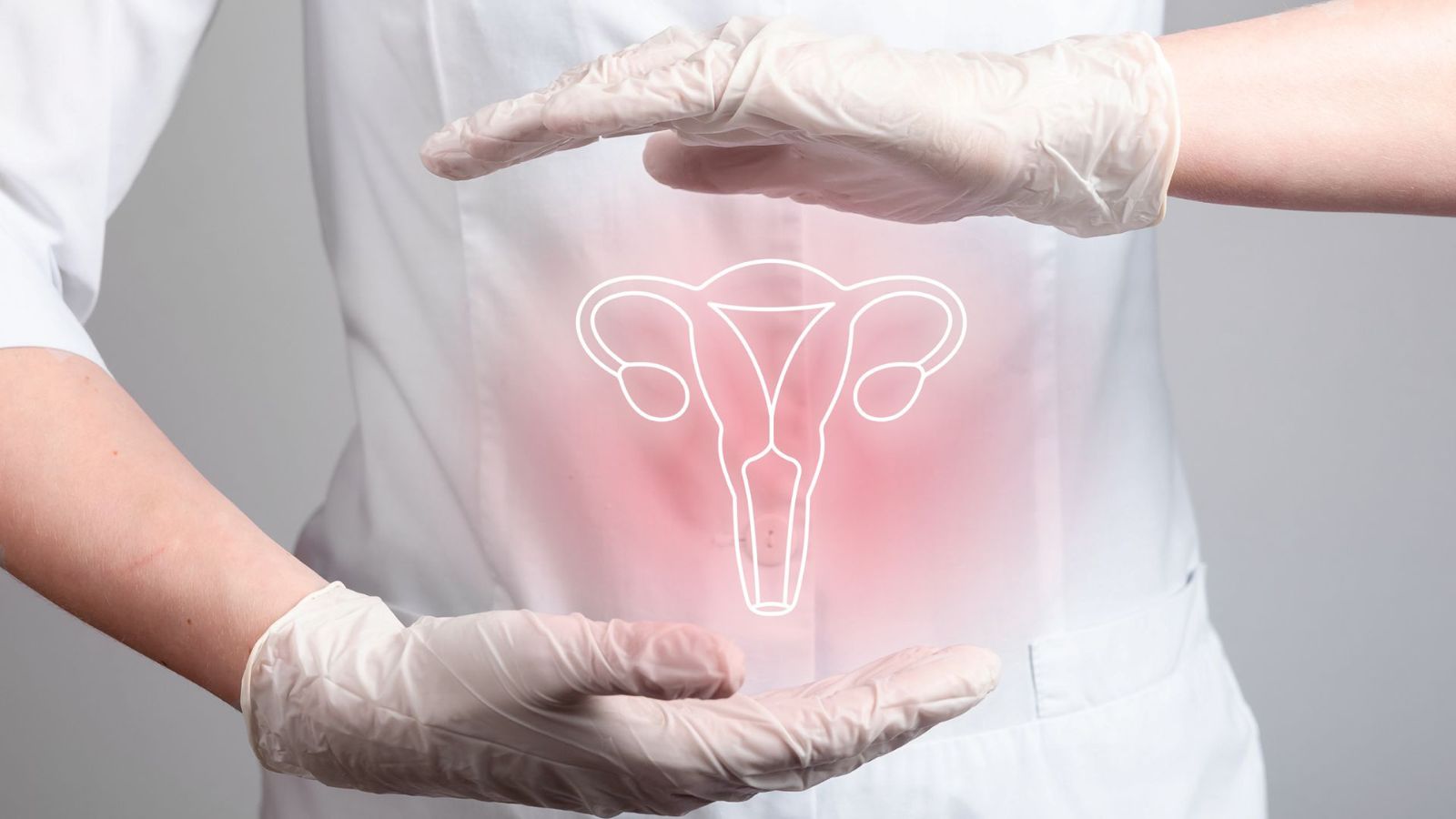Breast cancer is a serious concern that requires early detection for the best outcomes. Obstetricians and gynecologists play a key role in identifying signs of this disease. They often perform routine screenings and exams during regular visits. These doctors have the expertise to catch early signs that others might miss. In places like obstetrics mcallen tx, this proactive approach can save lives. Understanding their role helps us appreciate the importance of regular check-ups and early intervention.
The Importance of Routine Screenings
Routine check-ups and screenings help in identifying breast cancer early. These visits may include mammograms and physical exams. This early detection is crucial because it often leads to more treatment options. When breast cancer is found early, the chances of successful treatment increase. Obstetricians and gynecologists are usually the first to notice changes in breast tissue. They can advise on further testing if needed.
Building Trust and Communication
Establishing a relationship with your healthcare provider is essential. When patients feel comfortable, they are more likely to share concerns. This trust allows gynecologists to provide better care. Patients should feel free to ask questions and discuss any breast changes they notice. Open communication helps in catching problems early.
Common Screening Methods
These are the primary methods used by obstetricians and gynecologists to detect breast cancer:
- Mammograms: X-ray images of the breast used to identify abnormalities.
- Breast Exams: Physical checks for lumps or changes in breast tissue.
- Ultrasounds: Used to examine specific areas of concern found during exams or mammograms.
Statistics on Early Detection
Understanding the impact of early detection is vital. Here is a comparison of survival rates based on when the cancer is found:
| Stage at Detection | 5-Year Survival Rate |
|---|---|
| Stage 0 | 99% |
| Stage I | 98% |
| Stage II | 93% |
| Stage III | 72% |
| Stage IV | 22% |
These statistics from the American Cancer Society highlight the importance of early detection.
The Role of Education and Awareness
Educating patients on self-exams and breast health is another key role of these doctors. They provide guidance on how to perform self-exams at home. This knowledge empowers patients to take an active role in their health. Awareness of family history and risk factors also helps in early detection. Doctors encourage patients to be informed about their health and any genetic predispositions.
Collaborative Care Approach
Gynecologists often work with other specialists for comprehensive care. If any issues arise, they refer patients to oncologists or surgeons. This ensures that patients receive the best possible care. Collaboration among various healthcare providers is crucial.
Conclusion
The role of obstetricians and gynecologists in the early detection of breast cancer cannot be overstated. They are often the first line of defense in identifying this disease. Through routine screenings, education, and communication, they help ensure early detection. This proactive approach is vital for increasing survival rates and improving treatment outcomes. For more information on breast cancer detection and care, visit the National Breast Cancer Foundation.

